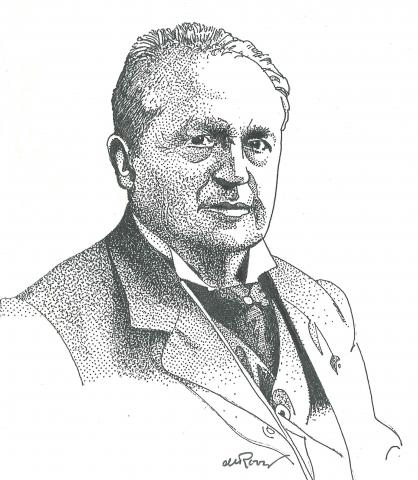A revised and updated version of
Abraham Kuyper: An Annotated Bibliography 1857-2010 by Tjitze Kuipers (2011)
You can buy a printed edition of this book on the site of the publisher.
1883
In the preface Kuyper reports that his new edition of the three forms of unity had its origin in a meeting of church elders in Amsterdam on February 24, 1883. A proposal was put forward at that meeting, requesting that all the elders and the pastors of the church sign the three forms of unity as a token of their “undivided and sincere agreement with the confessional documents of our church.” For the signing ceremony an edition of J.J. van Toorenenbergen was used: De symbolische schriften der Nederlandsche Hervormde Kerk in zuiveren, kritisch bewerkten tekst haar aangeboden tot wettig gebruik door Dr. J.J. van Toorenenbergen (Utrecht: Kemink en Zoon, 1869).
Kuyper’s edition was intended to rehabilitate the classic Dutch confessions, of which the Canons of Dordt in particular had fallen from favor. It raised the Canons of Dordt to equal status with the Belgic Confession and the Heidelberg Catechism. (See Jasper Vree, “De drie formulieren van enigheid: een vondst van Abraham Kuyper,” Historisch Tijdschrift GKN 13, 2007.) Kuyper conformed the texts to contemporary spelling and grammar rules. After the forms of unity, the Church Order of Dordt is printed in accordance with the official text of the Postacta (1619) of the Synod of Dordrecht. F.L. Rutgers (1836–1917) conformed this text to contemporary spelling and grammar rules. Kuyper contended that this church order should replace the Reglementen van 1816 [General regulations of 1816], but argued that this could only happen after church members had again consciously subscribed to the basics of the Christian faith as expressed in the three forms of unity.
Kuyper envisioned a twofold use for this edition. On the one hand, he intended the book to be used in churches by consistories and pastors and also to be given to newly confirmed members. On the other hand, he envisioned that church members would read the book at home to better acquaint themselves with the confessions. He suggested that heads of households should place this edition alongside the book of martyrs (see 1883.12) “in order to bring forth from both books the word of the time-honored church to the members of his household” and in so doing to instill a grounded knowledge of the faith. The preface was also published in De Heraut, no. 275, April 1, 1883.
Copies with blank pages interleaved were available at a higher price for students, as were copies with additional pages inserted for church officers’ signatures.


